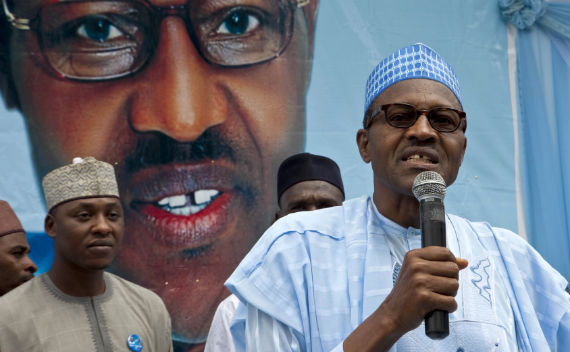Elections and Political Parties in Nigeria
More on:

Nigeria heads into its gubernatorial elections tomorrow. However, reports over the weekend of a thousand people killed in Kaduna have a cast shadow over tomorrow’s events. Even prior to the release of these estimates, INEC deemed it necessary to postpone elections in Kaduna and Bauchi state for fear that the polls might exacerbate the conflict.
Some of the blame for the violence has been heaped on losing presidential contender, Muhammadu Buhari, who has been accused of failing to reign in his supporters. However, the post-election unrest in Nigeria has never been the result of politicians alone.
In some other African countries, a complex mixture of ethnic, religious, economic, political, and territorial disputes—when touched off by less than credible polls—has led to post-election violence. On at least some level, that scenario has been repeated in Nigeria.
Further, political parties, which in other countries exist to channel political frustration, are historically weak in Nigeria (except for the ruling PDP). They have little institutional structure and often have only superficial connections with communities. These parties’ raison d’être is to contest elections only, and they quickly dissipate after the polls close.
With dismay rooted in the end of zoning, anger over perceived electoral rigging, and few institutionalized networks that could be mobilized to influence the electorate, the unrest may continue.
More on:
 Online Store
Online Store